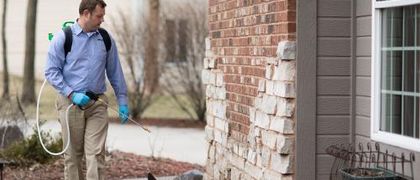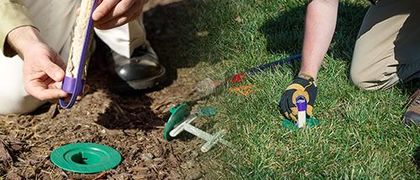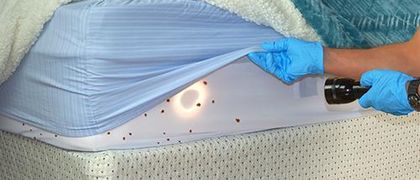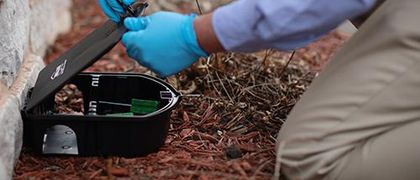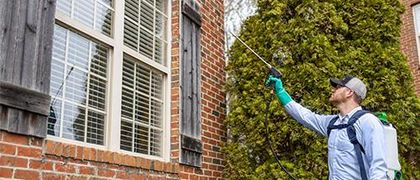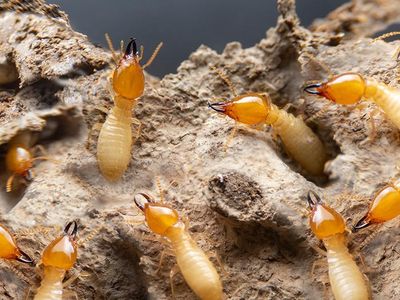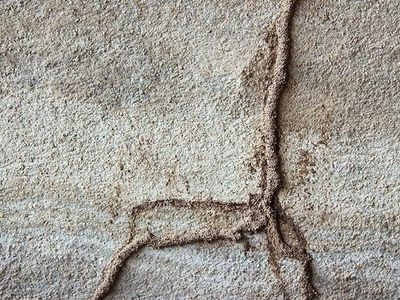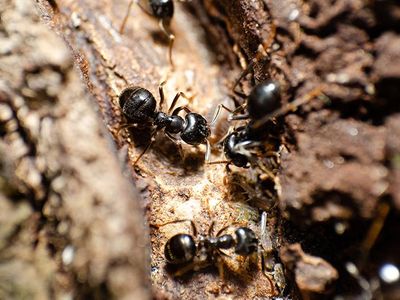What do centipedes look like?
- Size: 1/8 - 1.5 inches
- Color: Yellowish to dark brown
- Body Structure: Elongated, flat, wormlike body, 15 to 77 pairs of legs, long antennae covered with dense hairs, small mouth, and a large claw-like structure that contains the venom gland
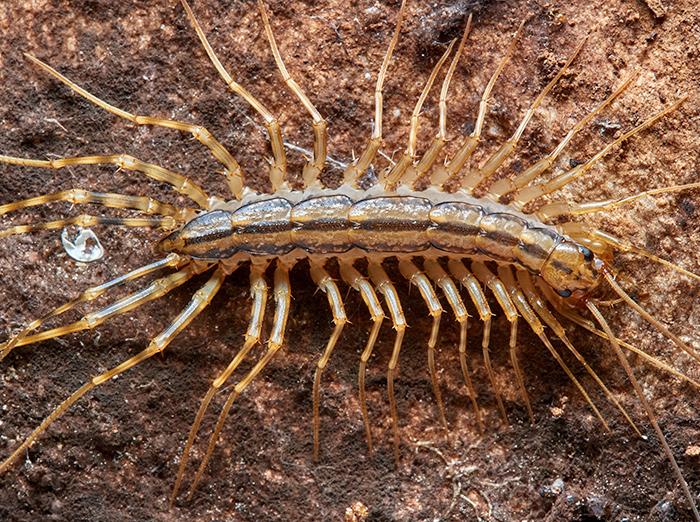
Characteristics of centipedes
Adult centipedes overwinter in protected habitats and become active in the spring. Females lay eggs in soil and cover them with a sticky substance, although some species give birth to living young. Larvae hatch from eggs several days later and are similar in appearance to adults only they are smaller and have fewer leg-bearing body segments. Additional leg-bearing segments are produced with each molt.
When are centipedes most active?
Where can you find centipedes?
Outdoors, centipedes are found in rotting logs, under rocks and stones, in leaf litter, and also in trash as well as other areas with high moisture content.
Indoors, centipedes are commonly found in damp basements, crawl spaces, bathrooms, and other rooms/areas with moisture.
What do centipedes eat?
Centipedes are primarily carnivores and feed on flies, spiders, and other insects. Interestingly enough, centipedes have poor eyesight so they must rely on touch and smell to capture their prey.
Do centipedes bite?
Centipedes do have the ability to bite, but rarely do so. When confronted, they prefer to make a quick getaway.
Are centipedes dangerous?
Centipedes are not dangerous, but are considered a nuisance when they infest homes.
Why do I have a centipede infestation?
As is the case with silverfish, centipedes prefer areas with moisture. If your home is easy to access and has areas of high moisture, and potential food sources, you could develop a centipede infestation.
How do I get rid of centipedes?
If you're dealing with a centipede infestation, contact Miller Pest & Termite for help. We offer effective pest control services in the Midwest that not only eliminate centipedes, ants, and other pests, but also stop new pest activity from occurring. Reach out today to find out how we can help you solve your centipede problem.
How can I prevent a centipede problem?
To prevent a centipede infestation in your home, our exterminators recommend implementing the following pest prevention tips:
- Correct moisture issues inside your home and on your property
- Remove leaves, grass clippings, and other organic debris
- Store firewood off the ground and several feet away from your home
- Replace water-damaged wood
- Fix leaky pipes and other plumbing issues
- Seal potential entry points


Get Help Now!





